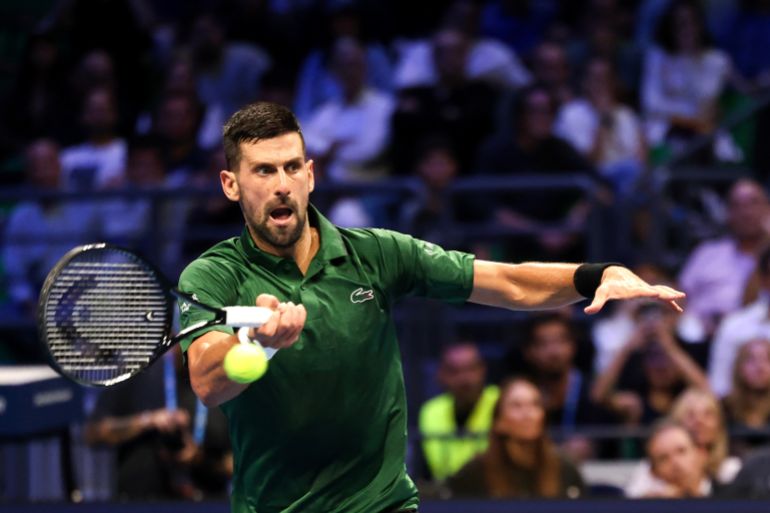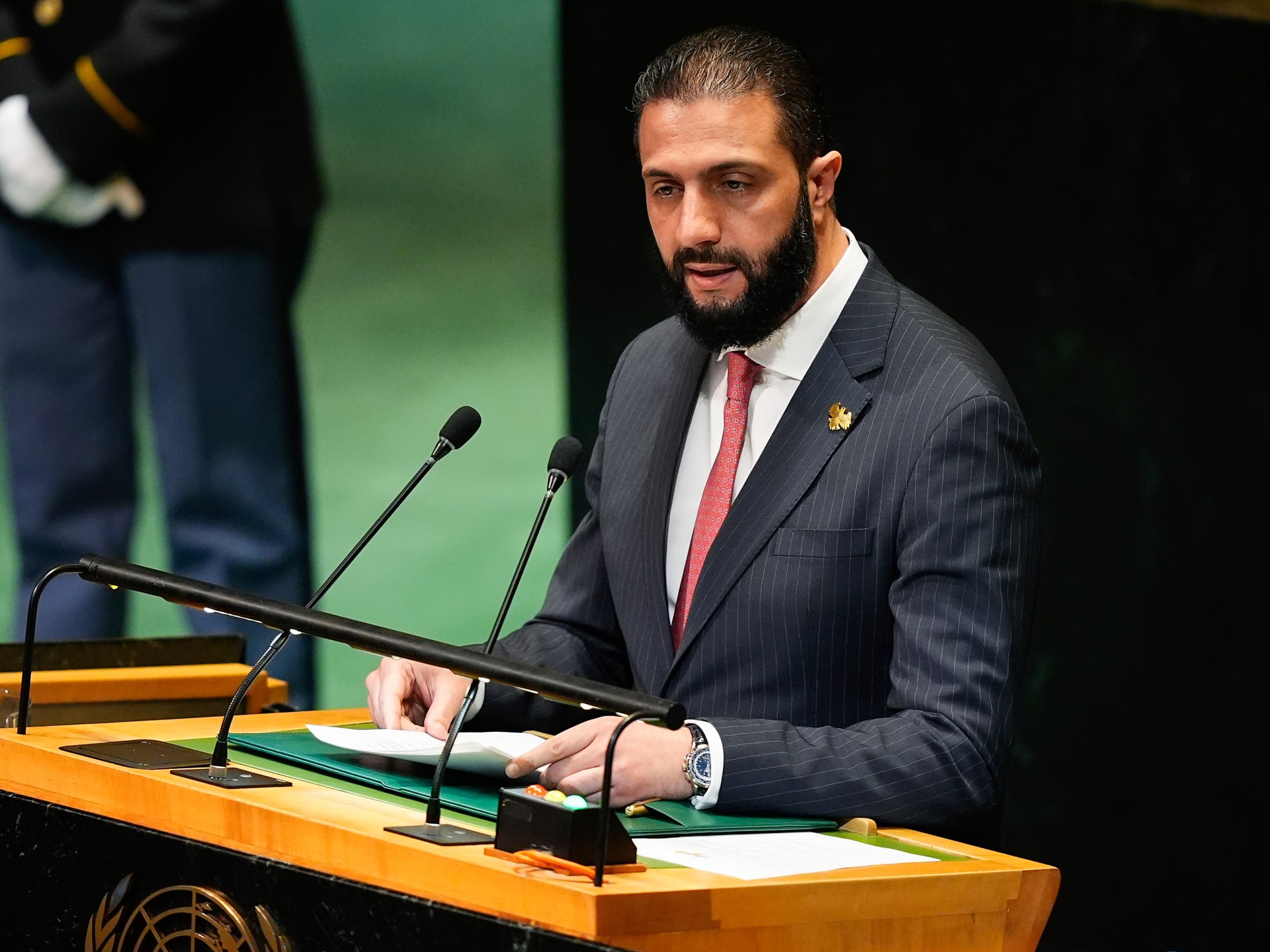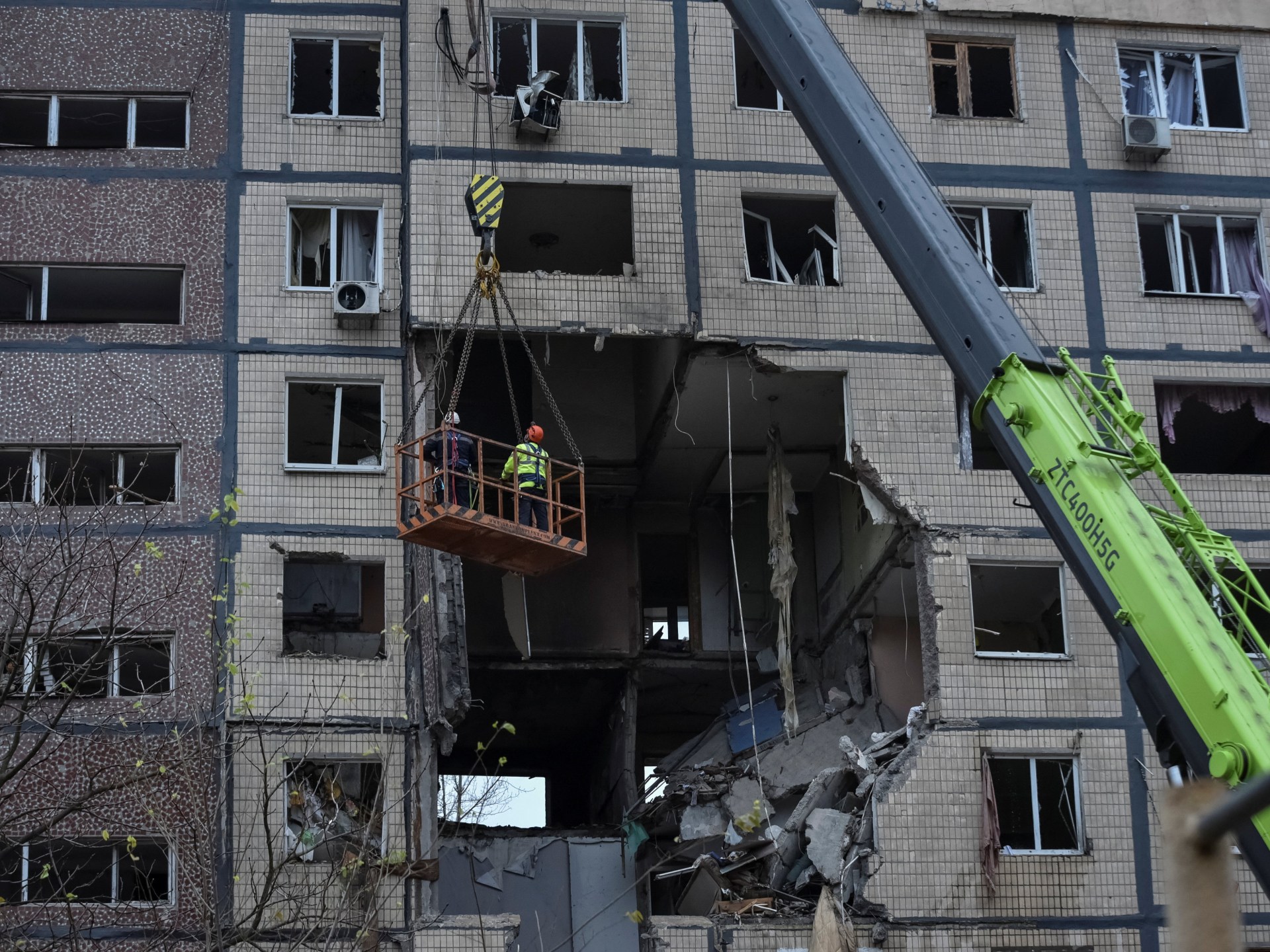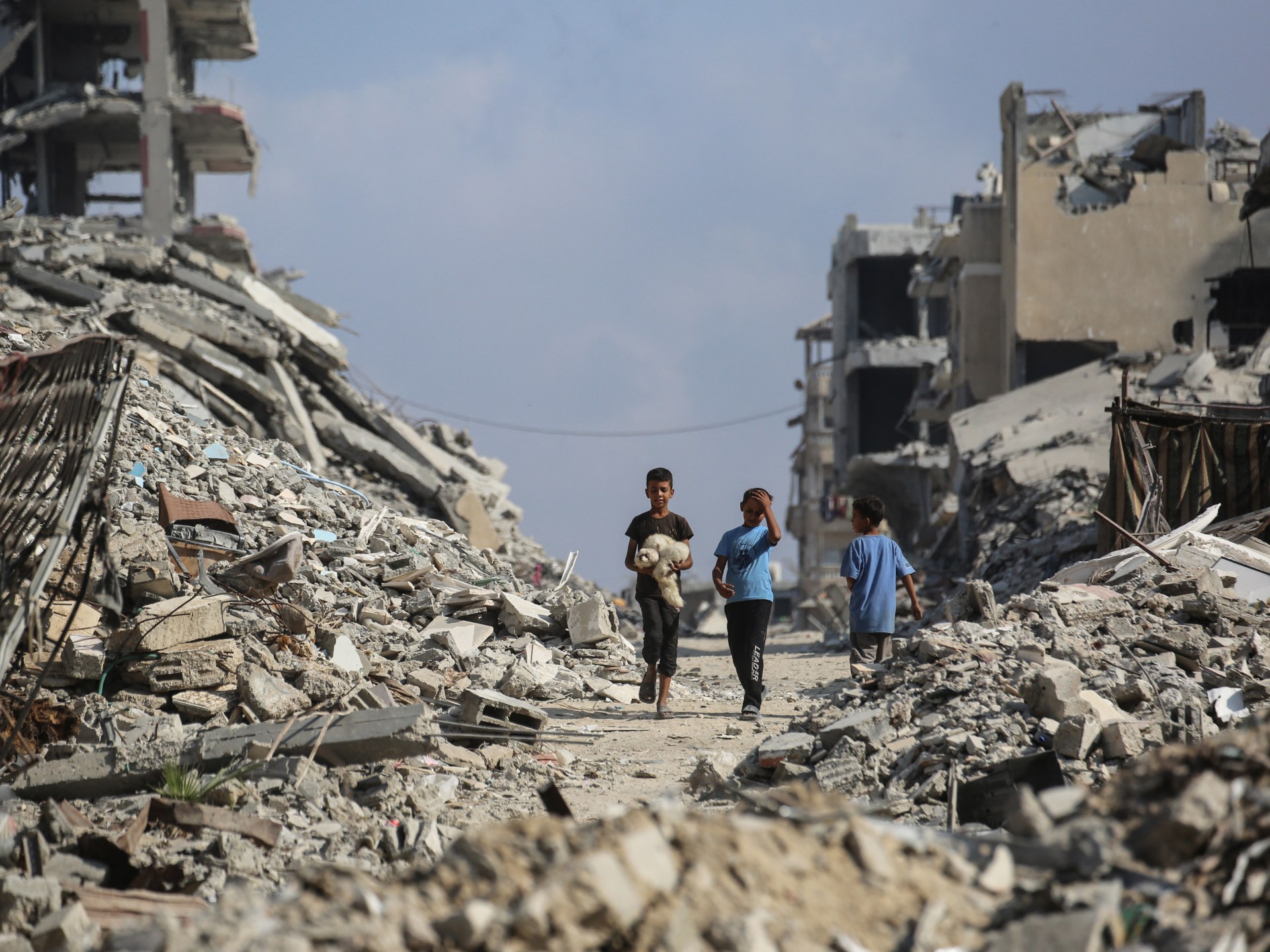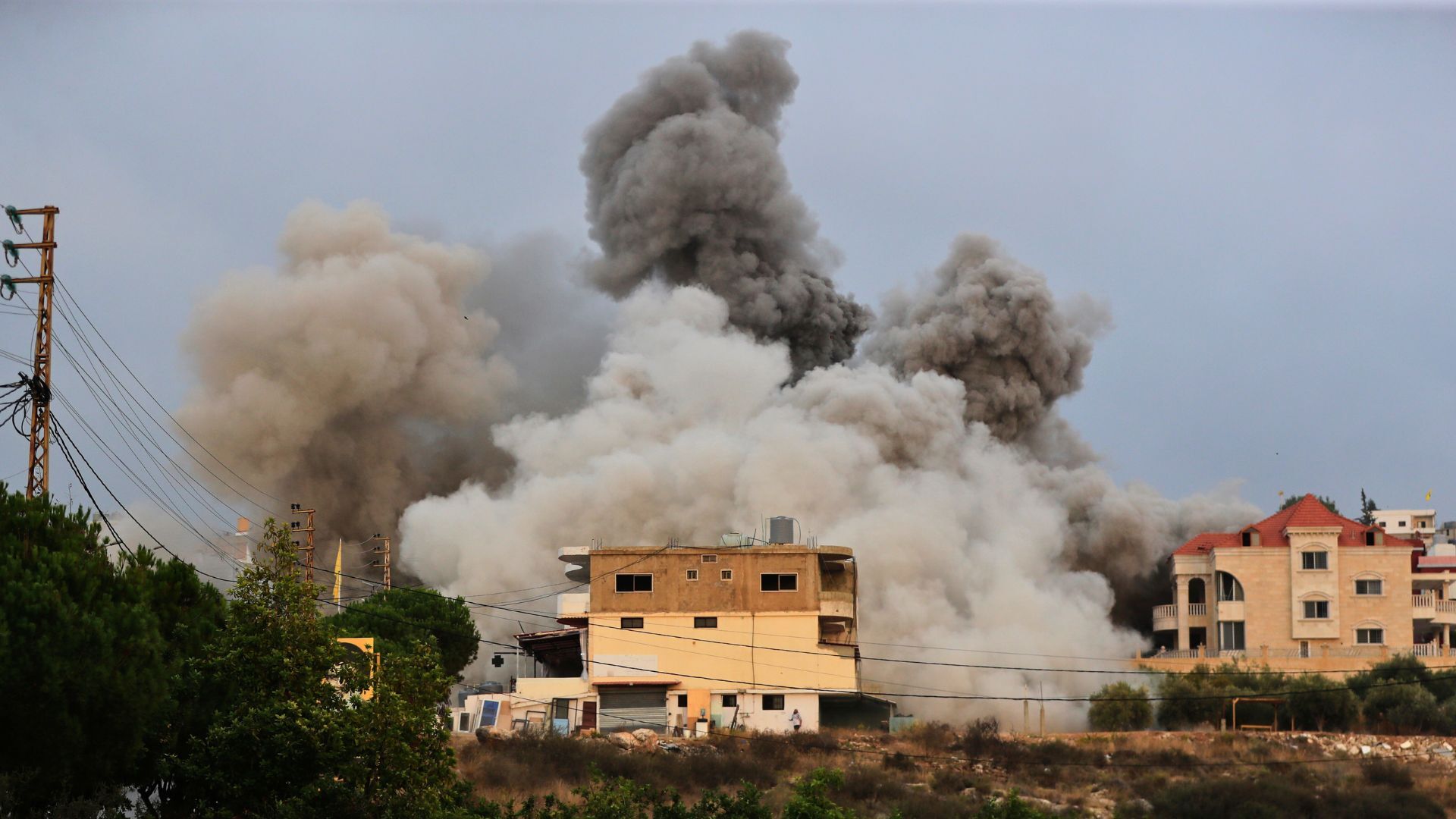Nearly a month after the ceasefire between Hamas and Israel, the death toll in Gaza is still rising amid reports of more killings, as the ongoing search for bodies from under the rubble continues.
The Ministry of Health in Gaza said on Saturday that the total number of people killed in the enclave since October 7, 2023, had risen to 69,169, after more of the dead were identified and more bodies recovered.
Recommended Stories
list of 3 itemsend of list
Israeli attacks have killed more than 240 Palestinians since the ceasefire deal came into effect last month, the ministry said.
On Saturday, there were reports of yet more killings. The Israeli military said that it killed one Palestinian who had crossed the so-called yellow line and approached Israeli soldiers operating in northern Gaza.
The yellow line is a demarcation line to which Israeli forces agreed to withdraw under the United States-brokered truce to end the war.
The Israeli army said it killed another Palestinian in southern Gaza, who had also crossed the yellow line and allegedly “posed an immediate threat” to its troops.
Israel has continued to fire at Palestinians, including families, who approach the demarcation line.
Adding to the death toll, a Palestinian child was killed after an explosive device left behind by Israeli forces in the city of Khan Younis detonated, according to Nasser Hospital.
Meanwhile, the World Health Organization (WHO) called for the Rafah crossing between Gaza and Egypt to be reopened for urgent medical evacuations.
About 4,000 Palestinian patients have left Gaza through Rafah for treatment in Egypt and elsewhere, with another 16,500 patients still waiting to get medical care abroad, according to the WHO.
“The Rafah crossing is a vital exit for medical evacuations and a key entry for health supplies into Gaza. Egypt remains one of the main destinations for patients needing urgent care,” the agency wrote in a social media post.
Military and settler raids intensify
In the occupied West Bank, military raids and settler attacks continued in an apparent drive to force Palestinians from their land, as part of the Israeli government’s illegal settlement expansion across the territory.
Israeli settlers attacked a group of Palestinian villagers, activists and journalists who had gathered on Saturday to harvest olives in the town of Beita, south of Nablus in the occupied West Bank.
Jonathan Pollak, an Israeli anti-apartheid activist, who was helping Palestinians harvest their olives, described to Al Jazeera how a group of dozens of masked Israeli settlers attacked with clubs.
The settlers descended from a hill and “started hurling … huge rocks at us, and we had to flee”, Pollak told Al Jazeera.
He said the assault led to more than a dozen injuries that required medical attention, including a journalist who was bludgeoned by the settlers, and a 70-year-old activist who had his cheekbone and jaw broken.
The Palestinian Journalists Syndicate said in a statement that five journalists – Ranin Sawafteh, Mohammed al-Atrash, Louay Saeed, Nasser Ishtayeh and Nael Bouaitel – were injured in the assault.
The syndicate condemned the attack, calling it a “war crime aimed at killing them”.
The Reuters news agency confirmed that two of its employees, a journalist and a security adviser accompanying her, were among those injured in the attack.
Israeli settlers have been carrying out near-daily assaults on Palestinian farmers and their lands during this year’s olive harvest in the occupied West Bank, targeting one of the most vital symbols of Palestinian heritage and livelihood.
The harvest comes amid a wave of settler violence. The United Nations says at least 126 attacks have been recorded since September in 70 towns and villages, with more than 4,000 olive trees and saplings vandalised or uprooted.
On Saturday, Israeli settlers also attacked Palestinian homes in the village of Raba, southeast of Jenin, under the protection of armed Israeli soldiers, who entered the village at the same time as the attacks, according to the Palestinian news agency Wafa.
The military also ramped up its attacks on Saturday, shooting and injuring a man during a raid in the Far’a refugee camp, south of Tubas, according to the Palestinian Health Ministry.
Soldiers arrested a 13-year-old in the town of Yabad, near Jenin, after beating him in the street, and a young man in the town of al-Mazraa ash-Sharqiya, near Ramallah.
Separately, in ar-Ram, north of occupied East Jerusalem, a Palestinian man was shot in the leg near Israel’s separation wall and transferred to a medical facility in Ramallah, according to Wafa.

